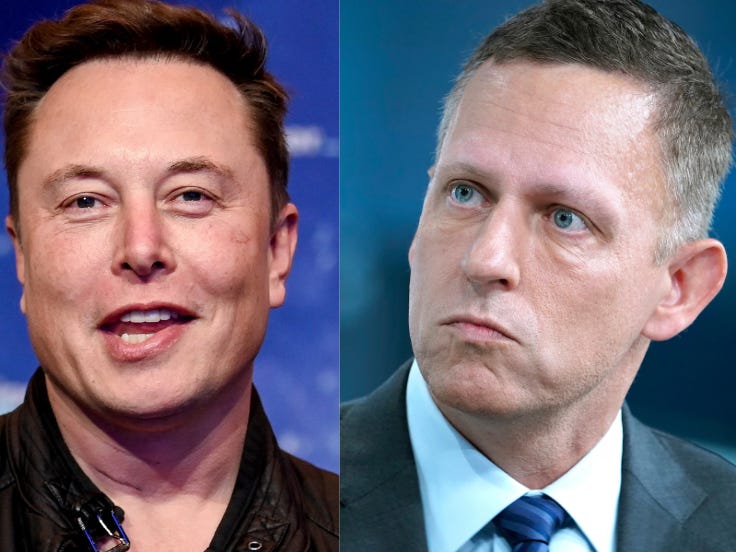In recent discussions, billionaire Peter Thiel attributed the growing support for Donald Trump among Silicon Valley elites to the influence of Elon Musk. During a conversation with journalist Bari Weiss on her podcast “Honestly,” Thiel asserted that Musk’s public endorsement of Trump provided “cover” for other tech leaders, making them feel less threatened to express their own support for the controversial figure. Thiel, who had previously backed Trump during the 2016 election but declared he would refrain from political donations for the subsequent cycle, noted that this shift in sentiment was also influenced by a broader industry frustration with what is perceived as excessive “wokeness” in corporate culture.
Leading up to the recent elections, a notable number of Silicon Valley billionaires and influential figures, including Marc Andreessen and David Sacks, began to publicly endorse Trump—something they had previously avoided or remained neutral about. This wave of support stood in contrast to over 100 venture capitalists, like Reid Hoffman and Mark Cuban, who rallied behind Vice President Kamala Harris. Despite the region’s historical leaning towards Democratic candidates, signs of increasing backing for Trump were recorded in the core counties of Silicon Valley.
Weiss questioned Thiel about whether Musk was “the critical ingredient” for facilitating this shift; Thiel confirmed that Musk played an instrumental role, stating that his endorsement provided a great deal of reassurance for others in the tech community. Additionally, Thiel highlighted Musk’s significant financial contributions to Trump’s campaign, underlining a commitment that went beyond mere political alignment. In a recent development, Trump named Musk as co-leader of the newly established Department of Government Efficiency, which signals a deeper integration of Musk into Trump’s administration.
Thiel emphasized that this cultural pivot in Silicon Valley had been brewing for years, driven by increasing dissatisfaction with “political correctness and wokeness” in the workplace. He described a situation where top founders and CEOs had grown weary of managing what he characterized as “ideologically deranged millennial employees,” reflecting a desire for a more traditional governance model devoid of tight ideological constraints. This sentiment, according to Thiel, indicated a broader exhaustion among industry leaders, who were ready to speak candidly about their frustrations.
Musk’s evolution toward conservative viewpoints, including his relocation of Tesla’s headquarters from California to Texas, exemplifies this cultural shift. Previously regarded as “left of center,” Musk’s criticisms of the “woke mind virus” and his increasing embrace of more conservative stances have set a precedent that other business leaders appear to be following. Thiel remarked on how this ideological transformation allowed individuals like Musk to become vocal advocates for views that challenge prevailing progressive norms within the technology sector.
In closing, Thiel conveyed a belief that Musk’s bold support for Trump is a catalyst for encouraging others in Silicon Valley to express their own beliefs more courageously. He referred to Musk’s actions as both “incredibly dangerous” and “incredibly courageous,” suggesting that they inspire a sense of bravery among peers wary of backlash. Thiel’s insights underscore a potentially transformative moment for Silicon Valley as it grapples with a changing political landscape and reevaluates its relationships with ideas of political correctness and corporate governance.

